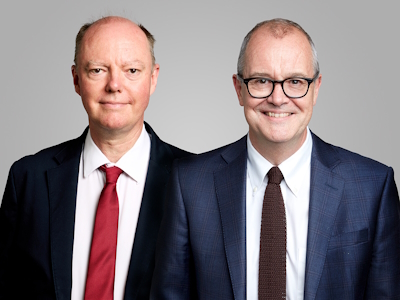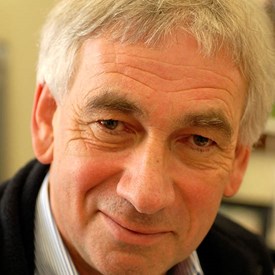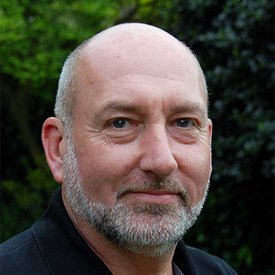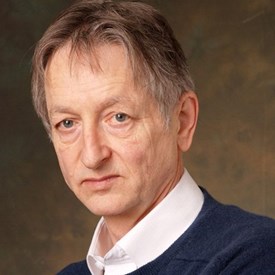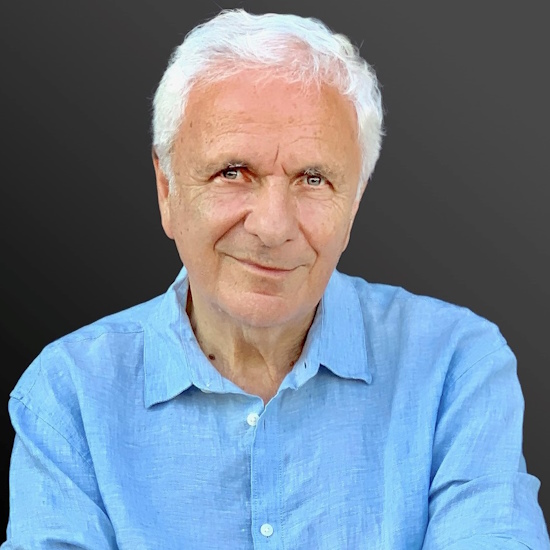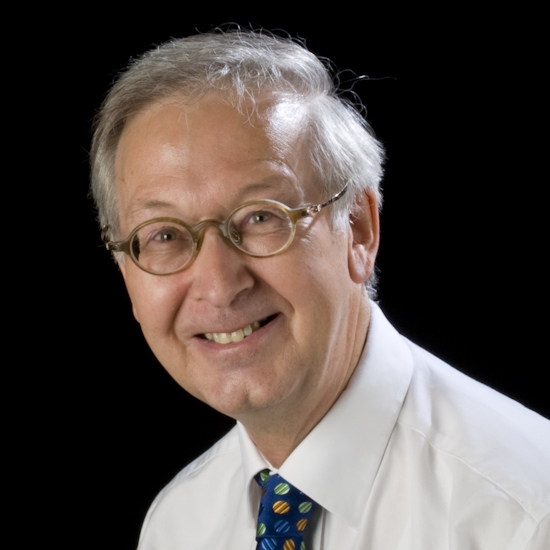The award
Each year two medals are awarded for the most important contributions to the advancement of "Natural Knowledge” in the physical and biological sciences respectively. A third medal is awarded for distinguished contributions in the applied sciences.
The three Royal Medals, also known as the King’s Medals, are awarded annually by the Sovereign on the recommendation of the Council of the Society. Frederick Sanger FRS, Max Perutz FRS and Francis Crick FRS are among those who have been awarded a Royal Medal.
The Royal Medals were founded by HM King George IV in 1825. Between 1826 and 1964 two medals were awarded each year. In 1965 the third medal, covering the applied sciences, was introduced on behalf of HM Queen Elizabeth II.
Eligibility
The Royal Medals are open to UK/Commonwealth/Republic of Ireland citizens or those who have been residents for three or more years. They are restricted to senior scientists and nominations will remain valid and shall be considered by the award selection committee throughout three nomination cycles. Teams or groups may now be nominated for these awards.
Nominations are currently closed
Nominations are closed and will reopen on 1 December 2025.

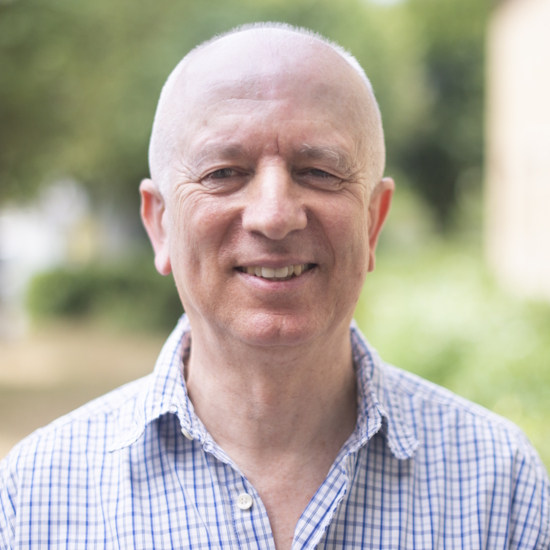
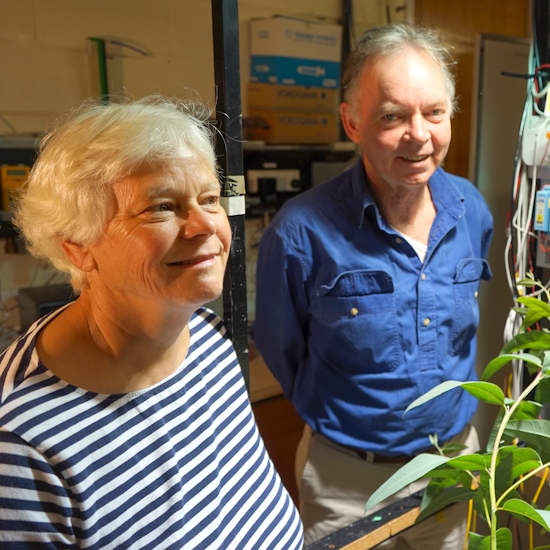
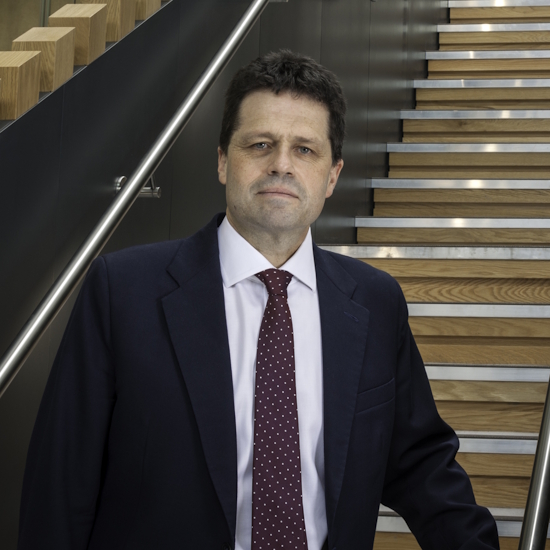
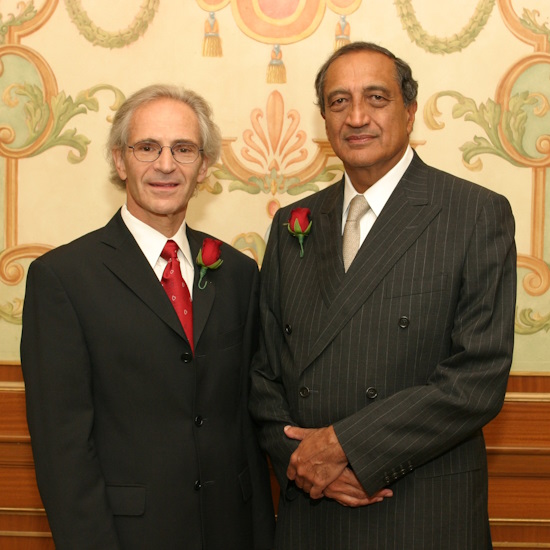
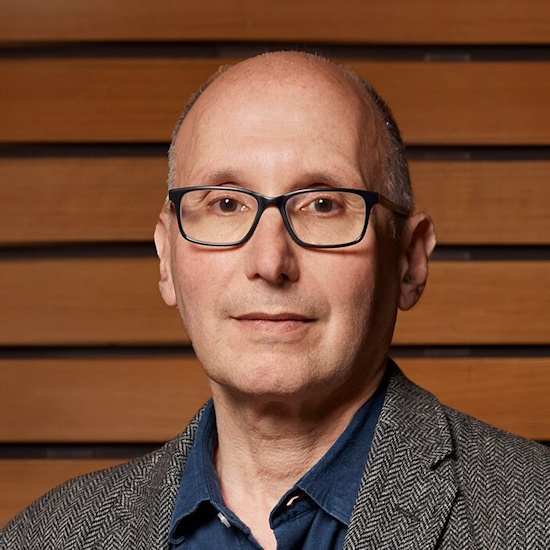
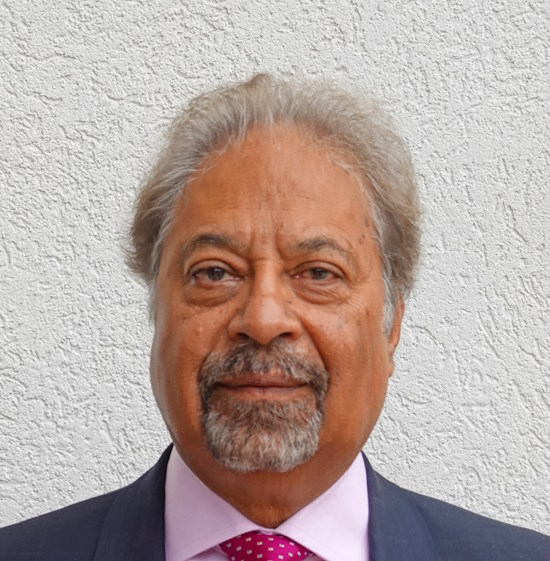
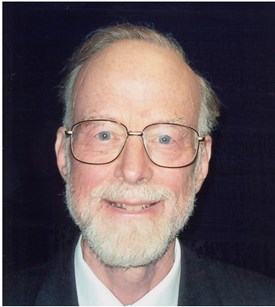
.jpg)
